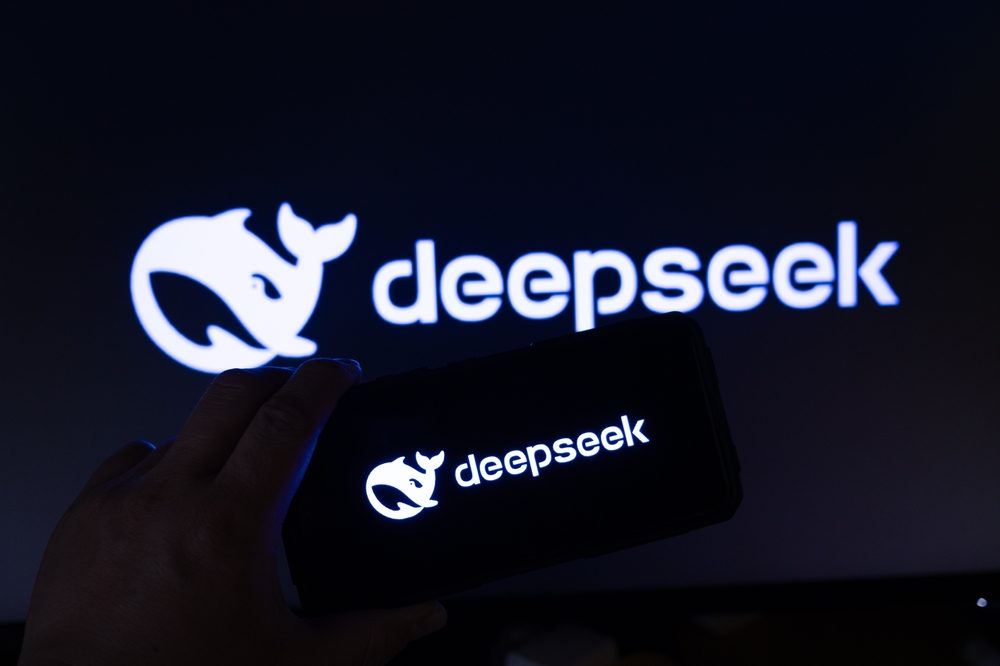Chinese AI startup DeepSeek is focusing on research rather than revenue, as billionaire founder Liang Wenfeng seized on a sudden surge in sales to avoid following in the footsteps of Silicon Valley rivals.
Growing Demand and a Research-Centric Approach
The Hangzhou-based company has had to adapt to a surge in demand for its free consumer services on its website and app, as well as paid services from business users. According to the Financial Times, citing two people familiar with the matter, revenue last month was enough to cover operating expenses for the first time. Interest in DeepSeek grew in January when the company released a low-cost reasoning AI model called R1, which performs on par with leading US and Chinese models but cost significantly less to develop.

Corporate clients from the medical and financial industries have been buying DeepSeek’s API access to develop their own applications based on the V3 and R1 models. The demand has been so high that the startup had to temporarily suspend customer registrations due to limited resources allocated for non-research purposes. Liang has shown little intention of monetizing DeepSeek aggressively. Instead, the company is focusing most of its resources on developing new models and advancing strong artificial intelligence (AGI) with cognitive abilities comparable to humans. Liang, who heads the independent company, has also declined partnerships with Chinese tech giants, venture capital firms, and sovereign funds that expressed interest in investing in DeepSeek. Reportedly, even securing a meeting with the reclusive businessman has been challenging.
Impact on the AI Market and Future Outlook
DeepSeek’s rise has unsettled investors, sparking doubts about whether American tech leaders like Google and OpenAI can maintain their advantage and whether their massive investments in AI infrastructure are sustainable. Unlike many Silicon Valley startups, DeepSeek’s approach contrasts sharply with that of OpenAI, which has built a commercial ecosystem around ChatGPT, generating significant revenue from API access. Since 2019, OpenAI has raised about $20 billion and is currently in talks to raise another $40 billion at a $260 billion valuation. OpenAI employs over 2,000 people, whereas DeepSeek has around 160 employees.
DeepSeek’s lack of commercial focus has inadvertently benefited Chinese tech giants such as Alibaba and Tencent. Leveraging their existing infrastructure and service packages, these companies have attracted a substantial number of corporate clients domestically, raising questions about the sustainability of DeepSeek’s revenue streams. For instance, Apple chose Alibaba’s Qwen model over DeepSeek’s to deploy AI functions on iPhones in China. Meanwhile, Tencent boosted sales by offering DeepSeek’s open-source models on its cloud infrastructure—approximately half of Tencent’s cloud customers have adopted these models, with 20% requesting enhancements. Due to DeepSeek’s limited marketing efforts, Tencent has integrated its models into its popular consumer apps.
In recent years, Liang Wenfeng, who also manages a hedge fund, purchased approximately 10,000 Nvidia A100 AI accelerators and a similar number of H800 models before export restrictions came into effect, reminds NIXSOLUTIONS. Moving forward, DeepSeek plans to procure hardware from alternative suppliers. Additionally, the company has received support from the Chinese government, gaining access to government-funded data centers to partially meet its computing needs. However, experts suggest that over time, DeepSeek may face challenges due to restricted access to Nvidia’s latest hardware and might seek another partner. To secure further political backing, analysts believe the company may need to consider opening up to government funds. Currently, DeepSeek’s engineers are accelerating work on the R2 and V4 models, initially slated for release in May, but now being fast-tracked. We’ll keep you updated as more developments unfold.
